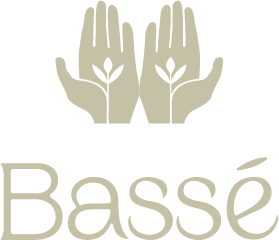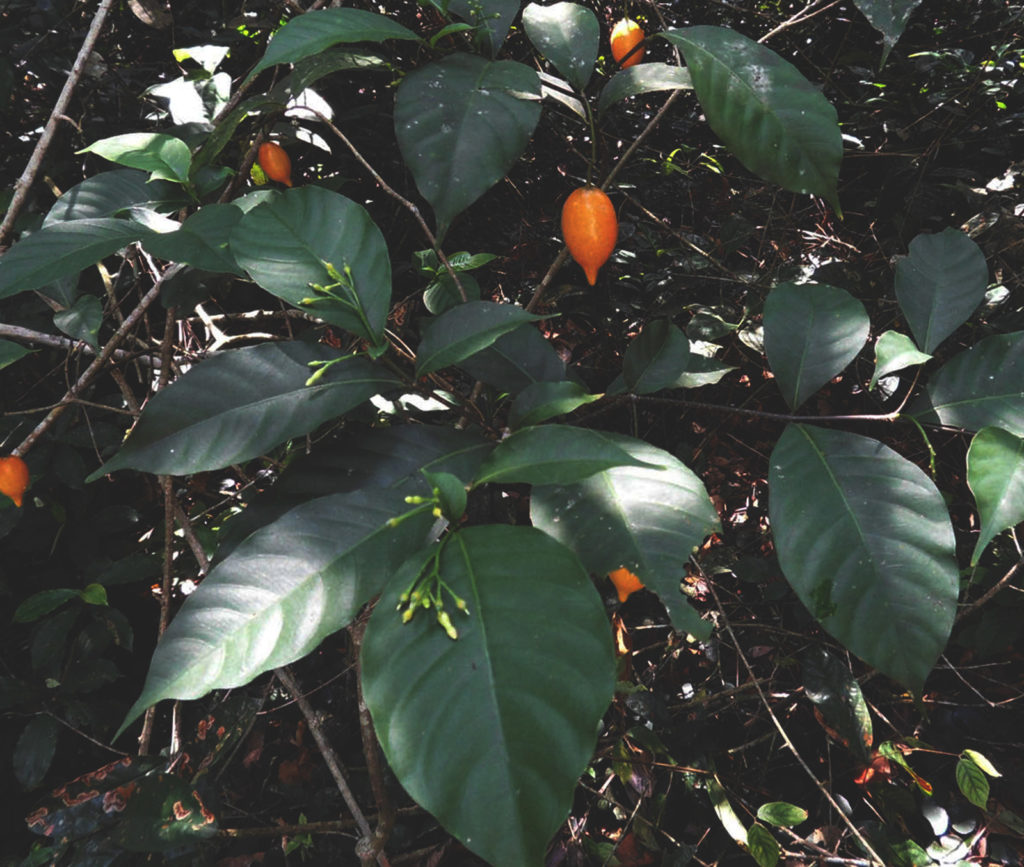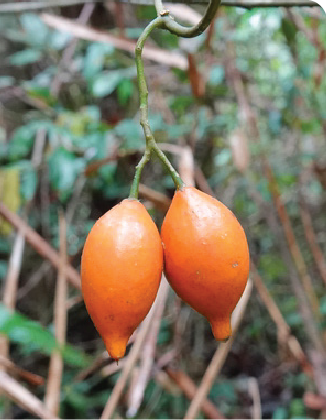If you are one of the millions of people dealing with substance abuse, PTSD, and/or chronic pain, you’re in the right place. Many of us at Bassé have walked a similar path, and we sincerely empathize with the pain and challenges you face every day. We are champions for Ibogaine because we trust this process completely. We know that in the right set and setting, with support before, during, and after the treatment, Ibogaine can truly work miracles. If you fear that Ibogaine seems too good to be true, or that you’re too far gone for help, keep reading and know that this medicine truly has the power and potential to get you back on track.
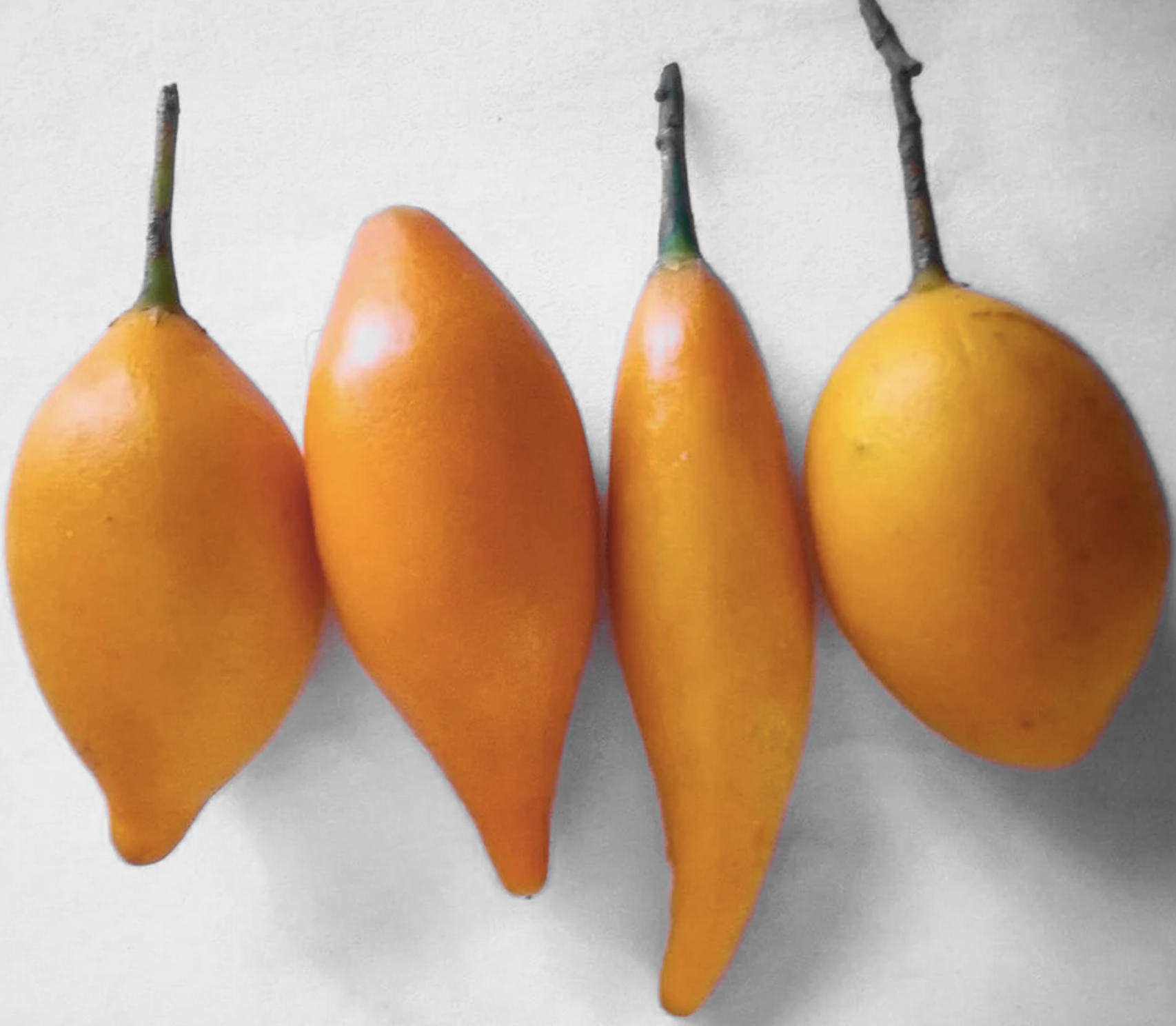
WHAT IS IBOGAINE?
Ibogaine is a compound derived from the root bark of the West African shrub known as Iboga (Tabernanthe iboga). This remarkable medicine induces a unique psychedelic experience that can be profoundly healing. For centuries, indigenous African cultures, particularly those practicing the Bwiti tradition, have worked with Iboga as a sacrament in spiritual and therapeutic shamanic journeys.
In the past thirty years, Ibogaine has been administered in clinical settings for medical treatment, primarily targeting conditions such as alcoholism, opiate addiction, and stimulant dependencies, including cocaine and methamphetamine. Additionally, Ibogaine is recognized as an effective treatment for depression, anxiety, PTSD symptoms, chronic pain, and various neurological conditions.
Ibogaine is typically administered as a concentrated ‘flood dose,’ which enhances its psycho-disruptive effects—an important factor in its efficacy for addressing both behavioral and physical disorders. The amount of Ibogaine administered is dependent on many factors including weight/size, sensitivity, history of substance abuse, and current health status. In some cases, supplemental doses of Ibogaine, called “fraction doses”, may be recommended over several days following the initial flood dose, based on the physician’s assessment.

HOW IBOGAINE WORKS
Ibogaine is a powerful psychoactive compound that affects the brain and body in several ways, primarily through its interaction with neurotransmitter systems. Here’s a detailed overview of how Ibogaine works:
- Psychoactive Effects: Ibogaine induces a unique psychedelic experience marked by visual and auditory experiences, introspection, and emotional release. This altered state of consciousness can help individuals confront and process deep-seated emotions, memories, and traumas, facilitating personal insight and healing.
- Neurotransmitter Interactions: Ibogaine interacts with various neurotransmitter systems, including:
- Opioid Receptors: Ibogaine acts as a partial agonist at opioid receptors, which can help mitigate withdrawal symptoms and cravings associated with opioid addiction.
- Serotonin Receptors: Ibogaine influences serotonin receptors, which can improve mood and reduce depressive symptoms. This effect also contributes to its capacity to treat conditions like depression and anxiety.
- Glutamate and Dopamine: Ibogaine modulates the glutamate and dopamine systems, promoting neuroplasticity and the potential for the brain to form new connections, which is vital for recovery from addiction.
- Addiction Withdrawal and Cravings: Ibogaine has been found to dramatically reduce withdrawal symptoms and cravings associated with substance use disorders (typically by 75-95%). This effect can provide a crucial opportunity for individuals to break free from the cycle of addiction and embark on a path toward recovery.
- Neuroplasticity: Ibogaine is known to encourage neuroplasticity, the brain’s ability to change and adapt. This property may help individuals rewire their thought patterns, behaviors, and emotional responses, making it easier to establish healthier habits.
- Integration and Aftercare: The therapeutic effects of Ibogaine can be enhanced through proper integration processes, where individuals are supported in applying the insights gained during their experience to their everyday lives. This is essential for achieving lasting change and sustained recovery, and one of our top priorities at Bassé.
Overall, Ibogaine’s multifaceted approach to healing—encompassing psychological, emotional, and physiological dimensions—makes it a compelling option for those seeking to overcome addiction, trauma, chronic pain, various mental health challenges, and neurological conditions.. However, it is crucial for Ibogaine treatments to be administered in clinically supportive environments, like those created at Bassé, and under medical supervision to ensure safety and effectiveness.
HOW IBOGAINE FACILITATES HEALING
Ibogaine’s long-acting metabolite, Noribogaine, remains in the body for several weeks after administration. Noribogaine functions as a powerful antidepressant, alleviating symptoms of Post-Acute Withdrawal Syndrome (PAWS) and it replenishes damaged or desensitized dopamine neurons. By making Serotonin more readily available in the brain, Noribogaine improves mood and addresses the challenges associated with PAWS.
Ibogaine’s ability to replenish depleted and desensitized Dopamine receptors allows us to effectively assist clients struggling with chronic pain. Many individuals who use opiates for pain experience a depletion of Dopamine, leading to heightened pain sensitivity. This creates a vicious cycle. We have seen remarkable success in treating pain patients with Ibogaine because it resets dopamine receptors in the brain, often resulting in significant pain reduction following treatment.
A week-long stay at Bassé’s Ibogaine treatment facility can remove clients from a state of active addiction, facilitating effective and complete detoxification while significantly alleviating PAWS symptoms. By the time clients leave our facility, their physical addiction will be disrupted. However, it’s important to note that Ibogaine is a catalyst, not a cure. It provides a vital window of opportunity for individuals who have struggled with mainstream detox methods. While Ibogaine opens the door to transformation, it is ultimately a stepping stone toward lasting change, that each individual is responsible for longterm.

THE IBOGAINE EXPERIENCE
Ibogaine treatment induces a unique oneirogenic (dreamlike) state, allowing individuals to embark on a transformative inner journey. During this experience, participants may encounter vivid, dreamlike visions that may feel detached from their everyday lives, but are often deeply meaningful on a personal level. It’s important to remember that each Ibogaine experience is distinct, tailored to the individual’s needs to foster optimal results. Typically, within 30 to 45 minutes after taking Ibogaine, the discomfort of drug withdrawal symptoms begins to fade, creating a safe and serene environment for healing, rather than a frightening psychedelic experience. This supportive process allows for exploration and introspection, promoting emotional and physical well-being.

PHASES OF THE IBOGAINE JOURNEY
The initial effects of Ibogaine begin within 45 minutes of ingestion and can last for up to 4 hours. During this time, individuals may experience auditory and visual communications that feel dreamlike. They might also find it challenging to walk or move and may experience skin tightness or numbness.
In the subsequent phase of the Ibogaine experience, individuals revisit significant life experiences that have shaped their journeys. This is a mental processing phase and it can last up to 12 hours. This stage of the journey is marked by deep insights into the factors influencing the entire spectrum of behaviors. Participants gain unprecedented understanding of their psyche during this reflective process.

HEALING THE SUBCONSCIOUS MIND
Ibogaine therapy ultimately drives meaningful change. The oneirogenic state helps heal the subconscious, enabling a person to identify and address past trauma and feelings of guilt, shame, and fear associated with addiction. It then helps a person to identify why he or she was struggling with addiction and trauma, and also gives distance and insight around creating the best course of action to overcome destructive behaviors and patterns.
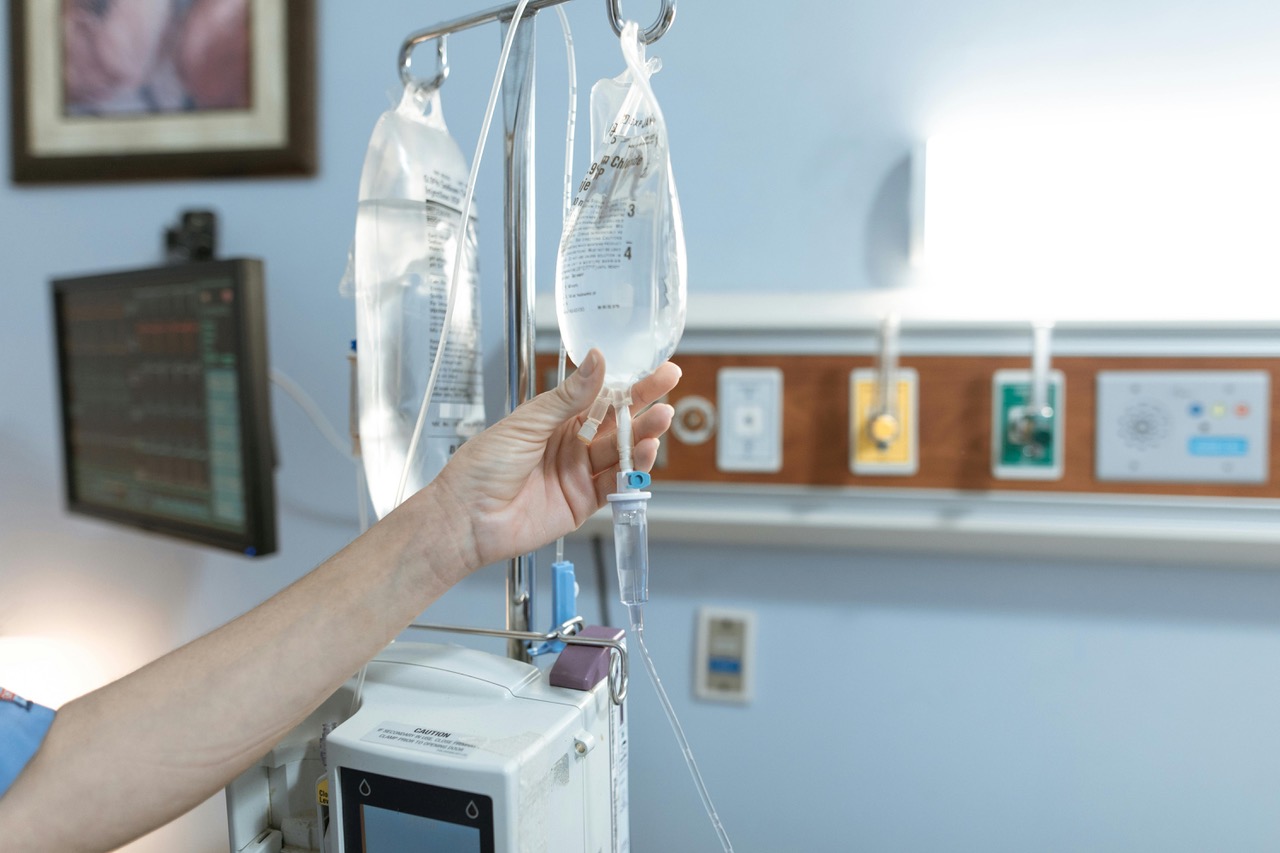

CUSTOMIZED PROGRAMS
No two Ibogaine programs are identical. Each treatment is customized to meet the unique needs of the individual, considering factors such as their medical history, pain points, specified wants + needs, and emotional well-being. This personalized approach ensures that patients receive the support and care necessary for their specific circumstances. However, while certain elements remain individualized, the overall process typically follows a consistent framework that includes initial assessment, preparation and intention setting, Ibogaine treatment, fraction doses (as advised by the supervising doctor), and integration. This structured pathway allows patients to benefit from the established therapeutic principles of Ibogaine, while also ensuring that their unique experiences and insights are integrated into the journey. The combination of tailored support and a proven process helps optimize the chances for successful outcomes and lasting transformation.

BEYOND THE JOURNEY
While Ibogaine therapy is transformative, it is just one component of a comprehensive approach to recovery and healing. For those seeking a life free from addiction, trauma, and pain, it’s essential to release old patterns, behaviors, and other influences that contributed to these complex states. By reflecting on the past and setting intentions for the future, individuals can maximize the benefits of Ibogaine therapy. All clients at Bassé can also collaborate with experienced medical and shamanic staff to create a sustainable long-term integration plan.

BASSÉ'S IBOGAINE
Our Ibogaine hydrochloride is exclusively manufactured for our use – it is lab-tested in a laboratory that adheres to strict safety guidelines. With a purity level certified at 99.7% via HPLC assay, our Ibogaine is derived using natural product chemistry, ensuring the highest quality available. It’s essential to recognize that not all Ibogaine is created equal; variations in materials can lead to significantly different effects. The Ibogaine used at Bassé aligns with the formulations presented in peer-reviewed journals, highlighting its effectiveness in alleviating withdrawal symptoms from poly-substance abuse disorders. We specialize in safe, clinically sound, and effective Ibogaine treatments.

IBOGAINE'S HISTORY
Iboga, Ibogaine’s organic source, has been used for centuries by the Bwiti people of Gabon and other Central African tribes in spiritual and healing rituals. It plays a significant role in initiation ceremonies, where individuals consume the plant to enter altered states of consciousness and connect with ancestral spirits. This medicine has a diverse and rich history as a tool for healing and the expansion of consciousness, and is a very sacred plant to these tribes.
In the late 1960s, Howard L. Lotsof was struggling with a serious heroin addiction, and he experimented with Ibogaine, which he had obtained from a source familiar with its traditional use. After using Ibogaine, Lotsof reported that it significantly reduced his withdrawal symptoms and cravings for heroin, leading him to pursue further exploration into its therapeutic effects. He conducted informal studies and shared his findings, which helped to spark interest in Ibogaine as a treatment for substance use disorders. Lotsof’s work was pivotal in bringing attention to its potential applications in modern medicine, particularly for addiction treatment.
Today, Ibogaine is a premiere medicine offered at medical facilities in countries that have legalized or decriminalized its usage, giving people around the world in the throes of active addiction and trauma loops a viable path to healing that embraces both ancient shamanic wisdoms and modern medical advances.

THE DIFFERENCE BETWEEN
IBOGAINE AND IBOGA
Ibogaine is an alkaloid derived from the Iboga plant. It is used in a medical setting for treating addiction, PTSD and chronic pain, whereas Iboga is used in a ceremonial, shamanic setting. While Ibogaine is derived from Iboga, the experiences are quite different. When an individual takes Ibogaine, their liver converts it to the active metabolite Noribogaine, which is what is responsible for eliminating the cravings and desires to use drugs afterwards. Noribogaine also produces an amazing antidepressant and anti-anxiety effect. Ibogaine is one of twelve alkaloids found in Iboga, but in order to get the full saturation of Noribogaine, it is necessary to work wtih Ibogaine HCL, as Iboga does not provide enough concentration of Ibogaine to provide the clinical benefits. At Bassé clinic, we use 99.7% pure pharmaceutical grade Ibogaine HCL, that has been lab tested and verified for our center.
